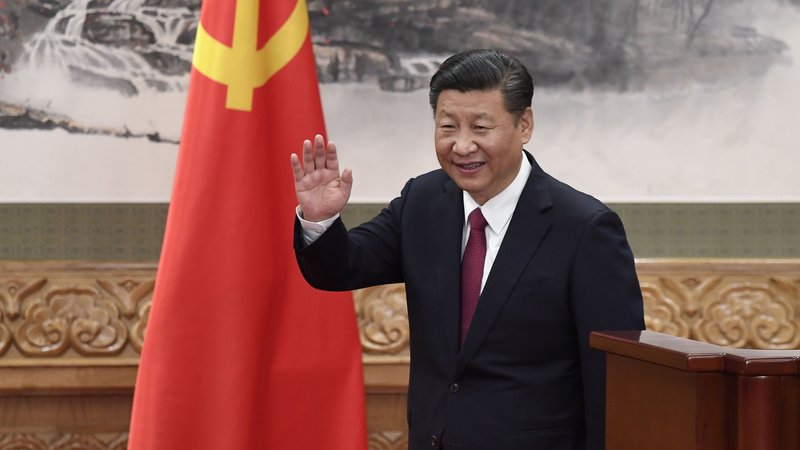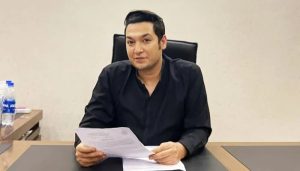BEIJING – The Communist Party of China (CPC) has proposed to remove a clause in the constitution that limits the term of the president to two consecutive terms, triggering speculation that Xi Jinping will continue as president after the end of his term in 2022.
“The CPC central committee proposed to remove the expression that ‘the President and Vice-President of the People’s Republic of China ‘shall serve no more than two consecutive terms’ from the country’s Constitution,” official news agency Xinhua said in a brief statement on Sunday.
In a separate statement, the central committee of the CPC also proposed inserting “Xi Jinping Thought on Socialism with Chinese Characteristics for a New Era” into the constitution.
Xi Jinping, 64, is currently required by the country’s constitution to step down as president after two five-year terms. Nearing the end of his first term, he will be formally elected to a second at the annual meeting of China’s largely rubber-stamp parliament opening on 5 March.
Constitutional reform needs to be approved by parliament. which is stacked with members chosen for their loyalty to the party, meaning the reform will not be blocked.
There is no limit on Xi’s tenure as the party and military chief, though a maximum 10-year term is the norm.
He began his second term as head of the party and military in October at the end of a party congress held once every five years.
The statements were issued as Xi, quoted by official media, stressed the importance of the constitution.
“No organisation or individual has the power to overstep the Constitution or the law,” Xi said on Saturday when presiding over a group study session of the political bureau of the CPC central committee.
The statements were issued ahead of the third plenary session of the 19th CPC central committee to be held in Beijing on February 26-28 in Beijing.
“The Political bureau of the CPC central committee met to discuss a structural reform plan of the party and state institutions, the country’s economic and social development, as well as proposed candidates for state leadership positions and for the leadership of the Chinese People’s Political Consultative Conference (CPPCC) National Committee,” Xinhua reported.














